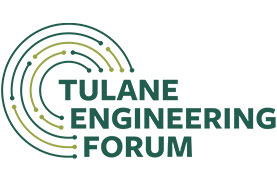Speakers
Tyler Muma
Tyler Muma has over 8 years of experience with Lockheed Martin across multiple defense and civil aerospace programs focusing on the development and testing of new technologies. He began his career as a flight test engineer on the F-35 program, leading flight tests to gather critical data and expand the operating envelope of the F-35 STOVL and Carrier variants. Tyler then moved to the Orion Launch Abort System (LAS) program, leading the final verification of all three motors in the LAS. He led a series of critical component tests before supporting the successful Ascent Abort 2 test flight in 2019. After supporting a defense system development program, he moved to Lockheed Martin advanced programs with a focus on habitation technology development. He recently led the successful design, build of the first Lockheed Martin inflatable habitat, culminating in a successful burst test in December 2022. As the softgoods technology lead at Lockheed Martin, Tyler leads the development of the Lockheed inflatable habitat design as well as the testing and certification plans to eventually provide a human-rated habitat for use across multiple space applications to enable human space exploration objectives.
Presentation Description
Advancements in Expandable Habitats to Enable Human Space ExplorationExpandable habitats provide a significant increase in volume to mass ratio when compared to traditional space habitats. They are affordable, provide excellent orbital debris protection, and are able to be configured for multiple launch vehicles by packing for launch and then deploying in their operational environment. This technology will enable deep space exploration by providing habitats for transport and surface use, while also opening the door for larger habitats in low earth orbit and Cislunar applications. This presentation will discuss the development path to certify expandable habitats for crewed use in space while highlighting recent testing successfully completed by Lockheed Martin on its habitat design.

Tulane Engineering Forum
Friday, May 9, 2025
Ernest N. Morial Convention Center
900 Convention Center Blvd.
New Orleans, LA 70130
